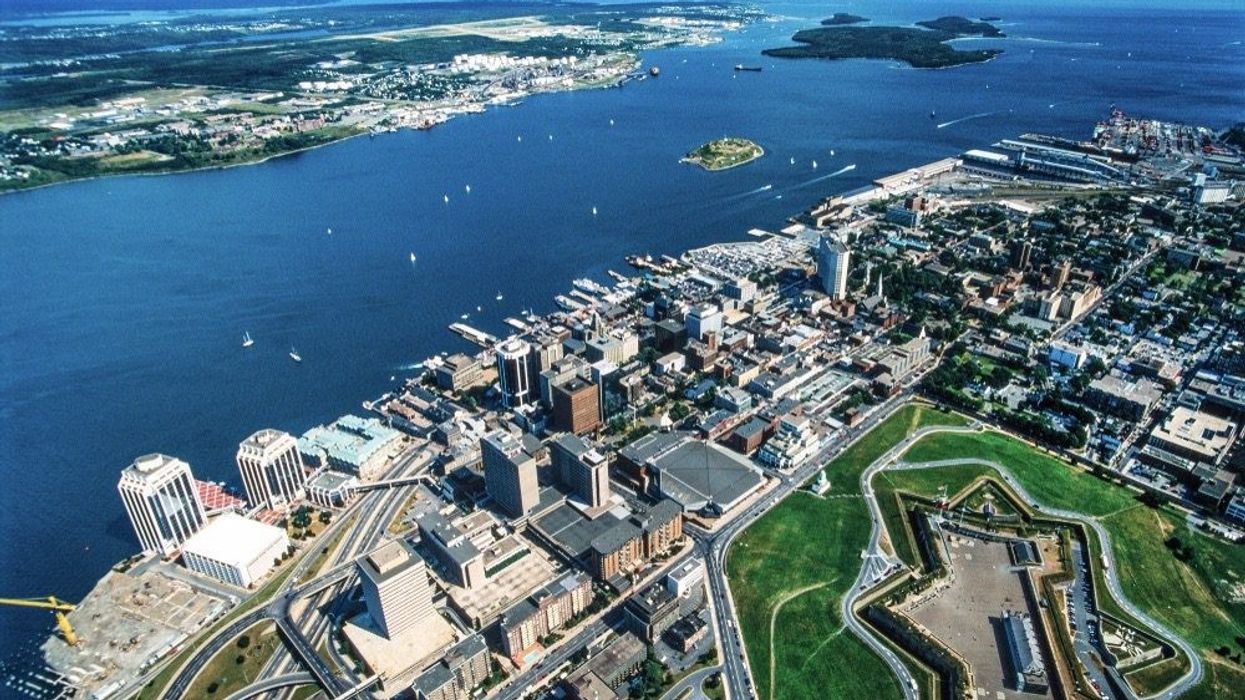The province of Nova Scotia is officially scrapping its proposed non-resident property tax, Premiere Tim Houston announced on Thursday.
The decision to drop the tax comes just weeks after it was included as part of the recent provincial budget released on March 29. The annual tax, which became effective for the 2022-23 fiscal year, would have required non-resident homeowners to pay $2 per $100 of the assessed value of their home. It received mixed reviews from Nova Scotia homeowners. Some lauded it as a step in the right direction to cooling the province's housing market while others pushed back, deeming it unfair.
“My intentions all along were to improve home affordability, not to be at odds with our core value of being a welcoming province,” Houston said. “I have heard for months from Nova Scotians who are concerned about housing affordability and want to be able to buy their first home. I commit to finding a tool to make it more affordable for first-time homebuyers.”
Just two days before moving to scrap the tax altogether, Houston announced further exemptions and changes to the tax. Small cottages would be exempt from tax on the first $150,000 of the home's value, with a 0.5% tax applying to the value between $150,000 to $250,000. The portion of the property's value above $250,000 would have been taxed at 2%. Houston also announced that members of the Canadian Armed Forces would be exempt from the tax.
These exemptions were in addition to ones that were already built into the provincial budget, including residential properties that contain more than three units and residential properties leased to Nova Scotian residents for at least 12 months.
The removal of the property tax doesn't mean the loss of all new anti-speculation policies. The non-resident deed transfer tax, which was also introduced in the spring budget, will continue on as planned. It came into effect on April 1 and requires non-resident homebuyers to pay a 5% tax on the purchase of a Nova Scotia residential property.
Both the non-resident deed transfer and the non-resident property taxes were estimated to generate $81M in revenue in 2022-23, of which roughly $65.5M would have been from the property tax.





















